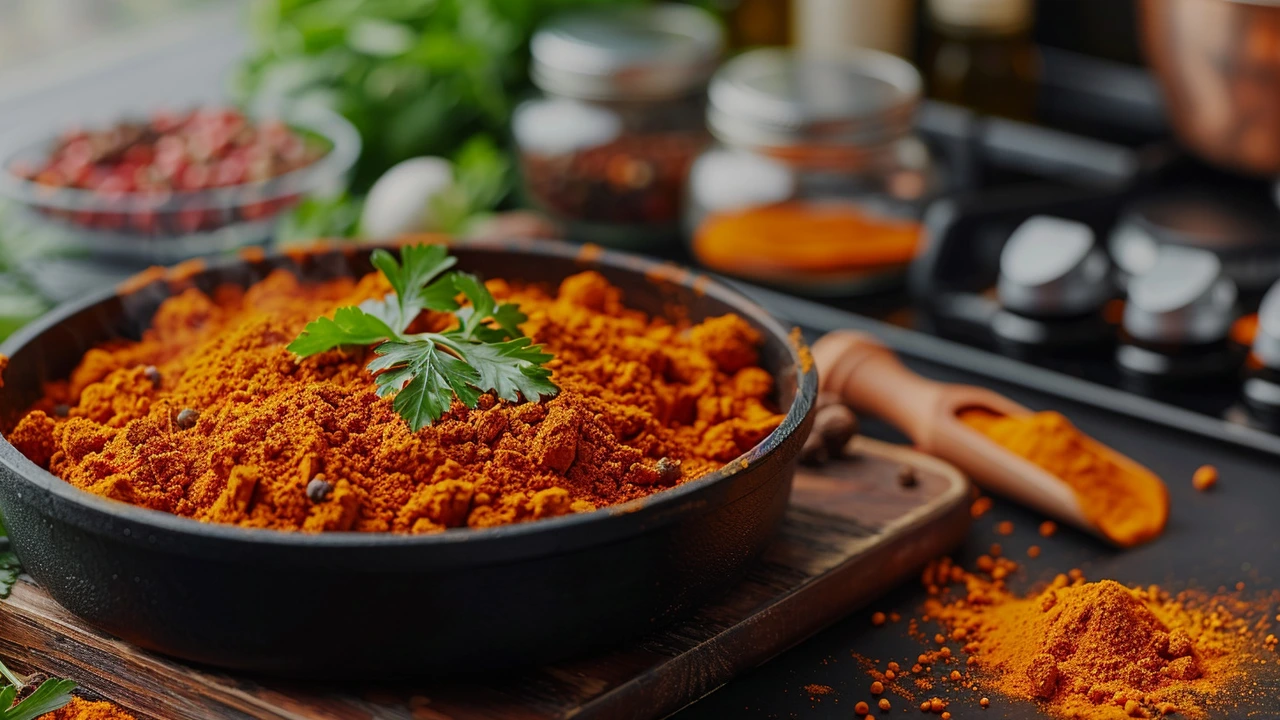Curcumin Health Effects: What Works and What’s Hype
Curcumin, the main active compound in turmeric, has been tested in thousands of studies. Some results are promising: it can lower inflammation, ease joint pain, and help certain metabolic measures. But not every claim holds up, and absorption is the big issue—plain turmeric powder delivers only tiny amounts of curcumin to your bloodstream.
If you want benefits, think of curcumin like a mild, natural anti-inflammatory that can support other healthy habits. It isn’t a magic cure. Expect modest improvements, not overnight fixes.
How curcumin can help
Clinical trials show the clearest wins for joint pain and osteoarthritis. People taking concentrated curcumin extracts often report less pain and better function than those on placebo. Curcumin also lowers markers of inflammation in blood tests, such as C-reactive protein, which explains why some people feel less stiffness.
Other areas with early positive data include blood sugar control and cholesterol. Small trials report modest drops in fasting glucose and LDL cholesterol when curcumin is added to diet and exercise. There’s also growing but mixed evidence for mood and brain health—some studies found small improvements in depressive symptoms, but larger trials are still needed.
How to use curcumin safely and effectively
Absorption matters. Curcumin is poorly absorbed on its own. Two easy tricks: take it with a fat (olive oil, avocado, or a meal) and choose a formula that includes piperine (black pepper extract) or a special delivery form that boosts uptake. Those simple steps can multiply how much curcumin your body actually gets.
Typical extract doses used in studies range from 500 mg to 2,000 mg of curcumin per day, often split into two doses. If you prefer whole turmeric spice, use it in cooking regularly, but know you won’t match extract-level doses that clinical studies use.
Watch for side effects: high doses can cause stomach upset, heartburn, or diarrhea. Curcumin can also affect blood clotting and interact with blood thinners, diabetes medications, and some chemotherapy drugs. If you’re pregnant, breastfeeding, or on prescription meds, check with your doctor first.
Quality varies between products. Look for standardized extracts that list curcumin content and third-party testing. Avoid supplements with vague labels and pick brands that show a certificate of analysis if possible.
Small, steady steps work best: try a low dose for a few weeks and track changes in pain or energy. If you notice benefit and no side effects, you can consider staying on an effective dose under medical guidance. Curcumin can be a useful tool, but it’s most powerful when paired with good sleep, regular movement, and sensible eating.

Turmeric's Health Prowess: Understanding Its Powerful Benefits
This article explores the remarkable health benefits of turmeric, a vibrant spice known for its potent medicinal properties. Readers will discover how turmeric's main component, curcumin, plays a crucial role in combating inflammation and acts as a powerful antioxidant. The piece also delves into turmeric's potential effects on brain health, its role in preventing chronic diseases, and how it can aid in digestion and pain relief. Practical tips on incorporating turmeric into a daily diet are also provided, making this spice an indispensable part of a healthy lifestyle.
Read More